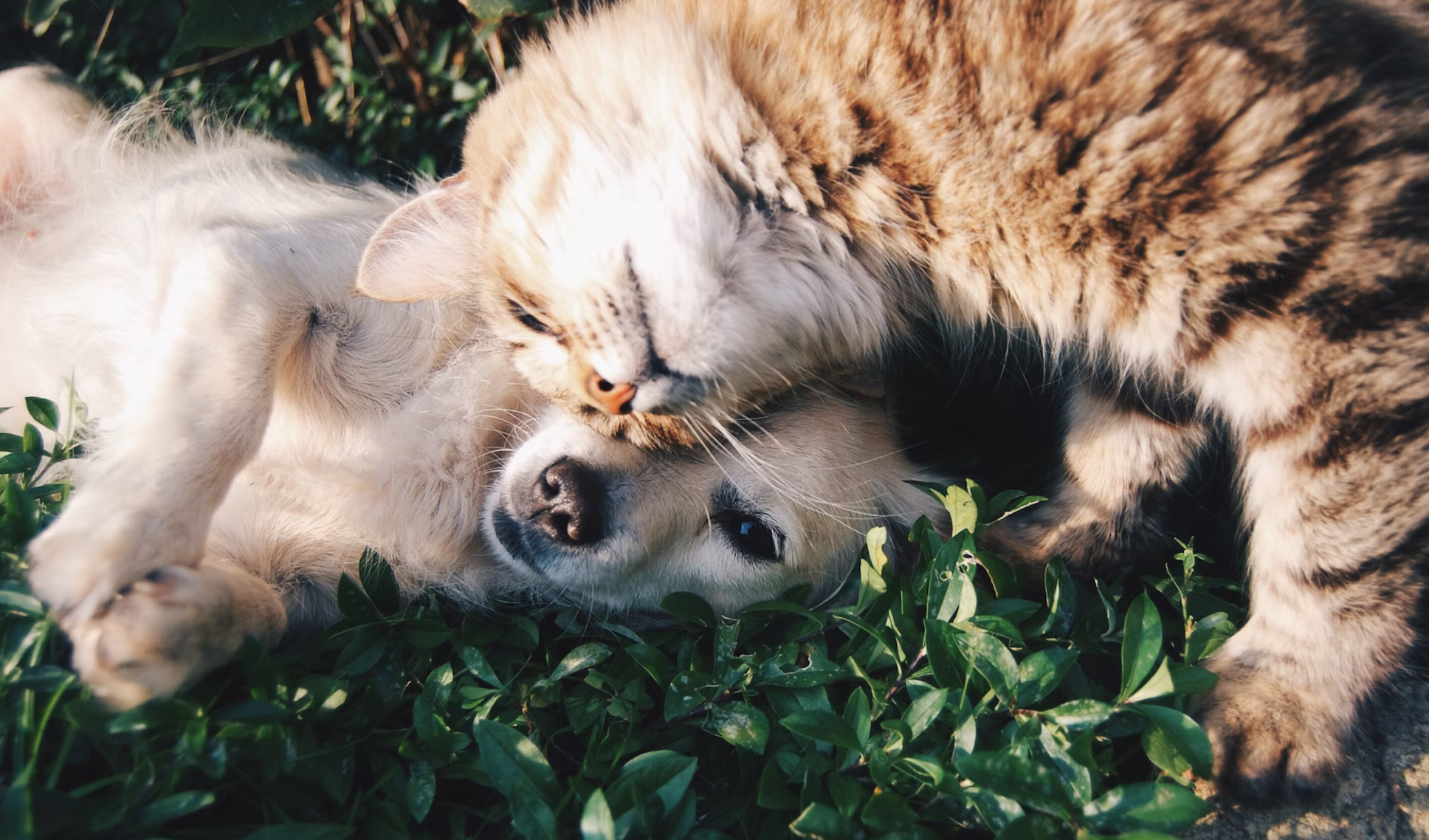A study carried out in the US found that dog and cat food products were responsible for 20% of the total livestock animals slaughtered (17.7% for dogs and 2.3% for cats). Representing a fifth of livestock demand, pet food production contributes significantly to animal suffering and environmental damage.
Feeding the livestock that are killed for cat and dog food requires significant quantities of grains. However, if these grains were distributed to directly to humans, it could alleviate world hunger. For example, if globally dogs were fed plant-based foods instead of meat, enough grains would be saved to feed more than the entire population of the EU! Additionally, switching dogs to plant-based food could save approximately 1.7 billion land animals annually in the U.S. and 6 billion worldwide. For cats, this shift could save around 200 million animals in the U.S. and 900 million globally each year.
Making this shift ought to be done with consideration for an individual pet’s dietary needs. However fortunately it is now well established that dogs being omnivores can healthily enjoy a plant-based diet. Additionally, although cats are carnivores, emerging evidence suggests that they can be healthily plant-based too, consuming alternative protein sources similar to those eaten by humans. Although often plant-based alternatives are more expensive than meat alternatives, if those who can afford the shift support the demand for these products, they are likely to become more affordable.
Through a Jewish lens, it is difficult to justify slaughtering over 3 billion* sentient beings, causing mass environmental damage and ignoring the possibility of feeding billions of people, for pet food which has been proven to be equally as nutritious when plant based. For more religious homes where only kosher-labelled food is consumed, pet food halachically[1] does not need a hechsher[2] , which removes the burden of finding plant-based pet food which is also kosher labelled.
Act according to the mitzvahs of tza’ar ba’alei chaim[3] and tikkun olam[4].
Choose compassion
*note the approximation of 3 billion animals saved is likely to be significantly higher as it does not include sentient marine animals.
[1] Halachically- according to Jewish law
[2] Hechsher- a label denoting a product’s strict kosher classification
[3] Tza’ar balei chaim- kindess to animals
[4] Tikkun olam- repairing the world
